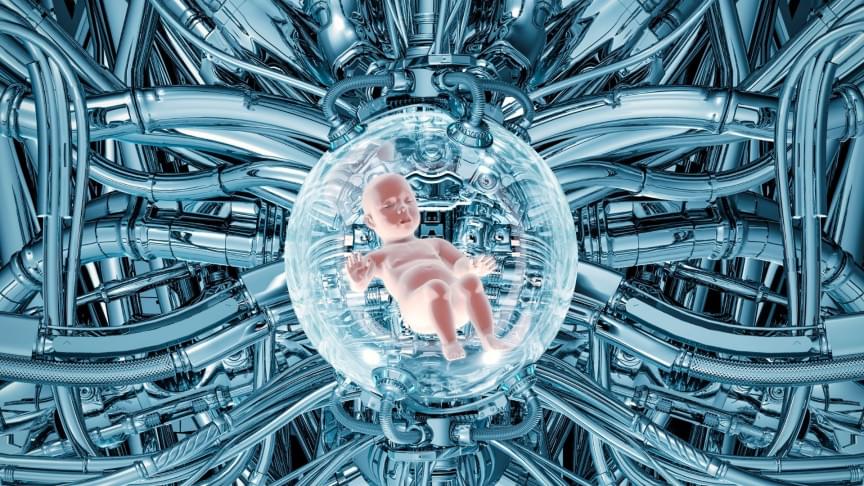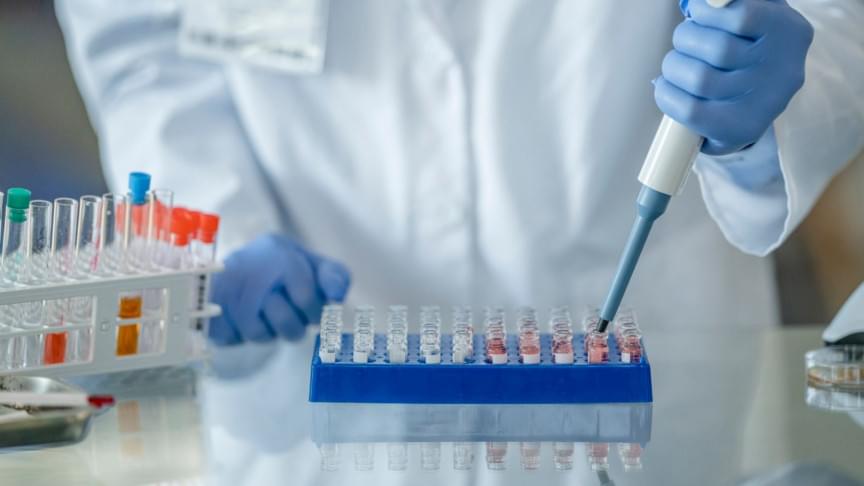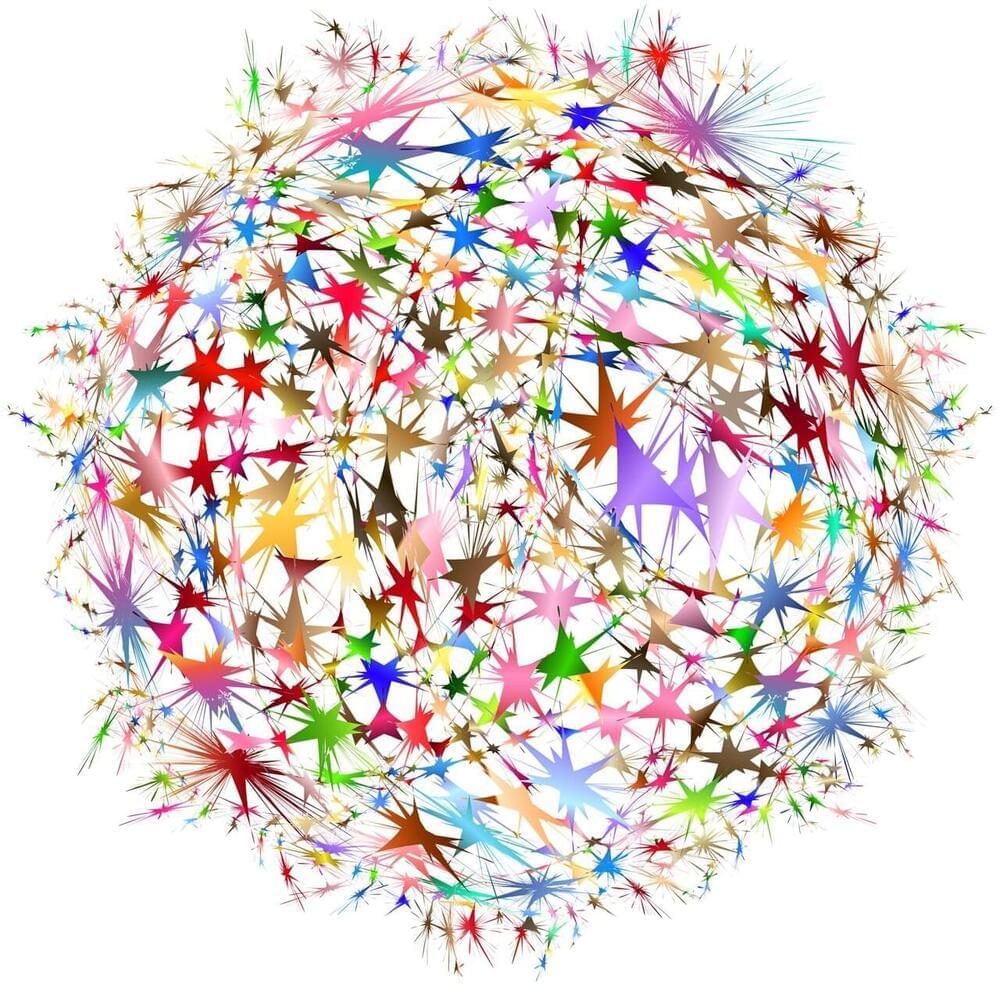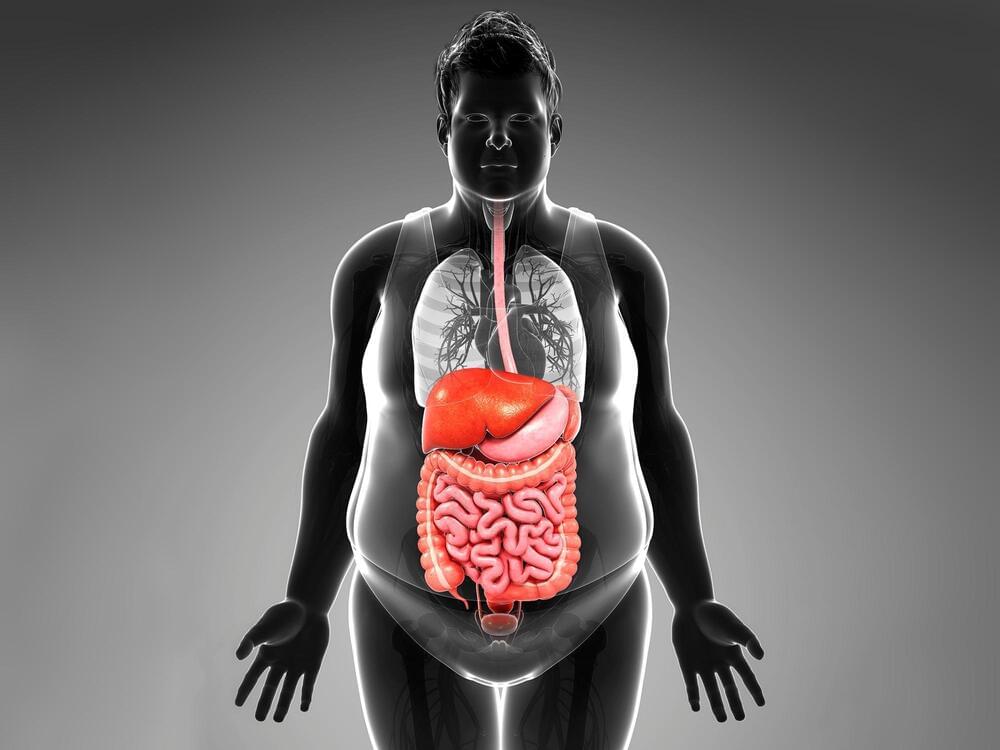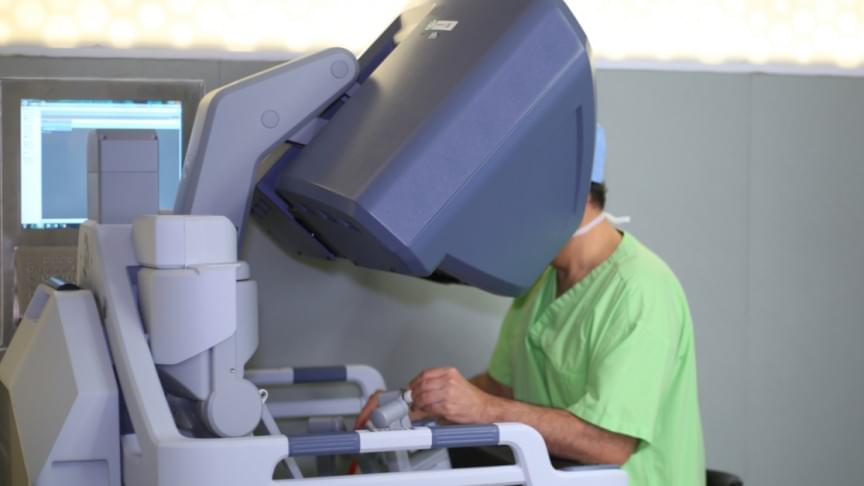Delivering what has been so challenging to produce, researchers present an engineered analog of tooth enamel – an ideal model for designing biomimetic materials – designed to closely mimic the composition and structure of biological teeth’s hard mineralized outer layer. It demonstrates exceptional mechanical properties, they say.
Natural tooth enamel – the thin outer layer of our teeth – is the hardest biological material in the human body. It is renowned for its high stiffness, hardness, viscoelasticity, strength, and toughness and exhibits exceptional damage resistance, despite being only several millimeters thick.
Tooth enamel’s unusual combination of properties is a product of its hierarchical architecture – a complex structure made up of mostly hydroxyapatite nanowires interconnected by an amorphous intergranular phase (AIP) consisting of magnesium-substituted amorphous calcium phosphate. However, accurately replicating this type of hierarchical organization in a scalable abiotic composite has remained a challenge.

